- Mar 13, 2017 00H:46 GMT/UTC/ZULU TIME
- Europe
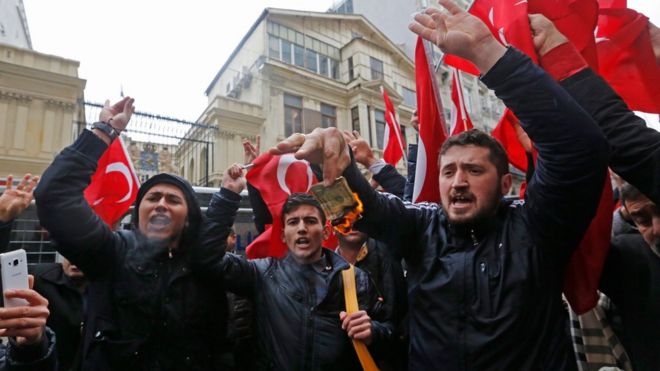 EPA
EPA
Several EU leaders have criticised Turkey, amid a growing row over the Turkish government's attempts to hold rallies in European countries.
President Recep Tayyip Erdogan accused Germany and the Netherlands of "Nazism" after officials blocked rallies there.
Dutch PM Mark Rutte called his comments "unacceptable", while Germany's foreign minister said he hoped Turkey would "return to its senses".
Denmark's leader has also postponed a planned meeting with Mr Erdogan.
Prime Minister Lars Lokke Rasmussen said he was concerned that "democratic principles are under great pressure" in Turkey.
He added that he had postponed the meeting because: "With the current Turkish attacks on Holland the meeting cannot be seen separated from that."
The rallies aim to encourage a large number of Turks living in Europe to vote yes in a referendum expanding the president's powers.
However, planned rallies in Germany, Austria and the Netherlands were blocked after officials cited security concerns or said the rallies could stoke tensions.
A gathering in France however went ahead after local officials said it did not pose a threat.
Ties between the Turkish and Dutch leaders became particularly strained at the weekend after two Turkish ministers were barred from addressing rallies in Rotterdam, with one of them escorted to the German border.
Mr Erdogan likened the Netherlands to "a banana republic", demanded international organisations impose sanctions on the Netherlands, and accused countries in the West of "Islamophobia".
"I have said that I had thought that Nazism was over, but I was wrong. Nazism is alive in the West," he added.
- Turkish-German ties fray as Erdogan chases diaspora vote
- Turkey says 'No' to saying 'No', ahead of its referendum
- Erdogan rallies not welcome in Austria
On Sunday, Mr Rutte demanded Mr Erdogan apologise for likening the Dutch to "Nazi fascists".
"This country was bombed during the Second World War by Nazis. It's totally unacceptable to talk in this way."
The Netherlands would have to consider its response if Turkey continued on its current path, he added.
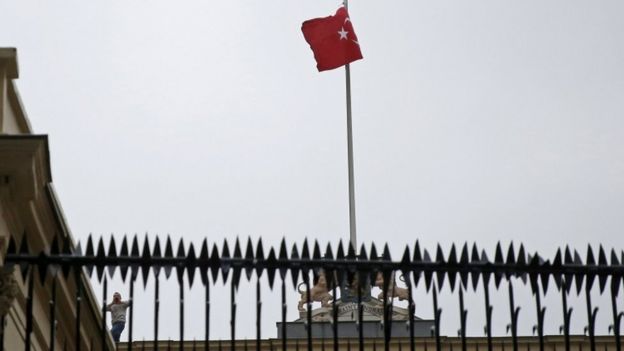 EPA
EPA
Meanwhile, German ministers also appeared to harden their rhetoric against Turkey.
Despite Chancellor Angela Merkel saying her government was not opposed to Turkish ministers attending rallies in Germany, as long as they are "duly announced", her interior minister said he was opposed to Turkish political gatherings in Germany.
"A Turkish campaign has no business being here in Germany," Interior Minister Thomas de Maiziere told local media.
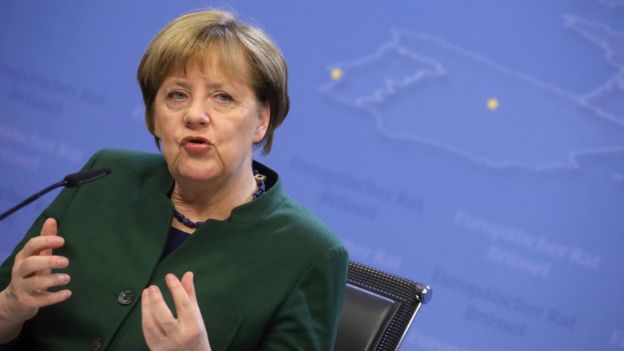 AP
AP
Separately, Finance Minister Wolfgang Schaeuble said Turkey had "destroyed the basis for further progress in co-operation".
Reports say the owner of a venue in the Swedish capital, Stockholm, also cancelled a pro-Erdogan rally on Sunday that was to have been attended by Turkey's agriculture minister.
Sweden's foreign ministry said it was not involved in the decision and that the event could take place elsewhere.
What is the row about?
Turkey is holding a referendum on 16 April on whether to turn from a parliamentary to a presidential republic, more akin to the United States.
If successful, it would give sweeping new powers to the president, allowing him or her to appoint ministers, prepare the budget, choose the majority of senior judges and enact certain laws by decree.
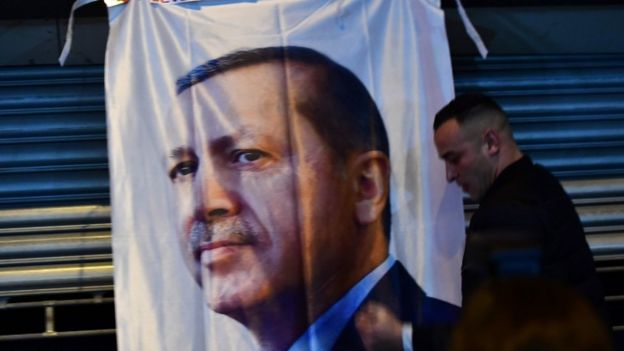 AFP
AFP
What's more, the president alone would be able to announce a state of emergency and dismiss parliament.
There are 5.5 million Turks living outside the country, with 1.4 million eligible voters in Germany alone - and the Yes campaign is keen to get them on side.
So a number of rallies have been planned for countries with large numbers of eligible voters, including Germany, Austria and the Netherlands.
Why are countries trying to prevent the rallies?
Many of the countries, including Germany, have cited security concerns as the official reason.
Austrian Foreign Minister Sebastian Kurz said Mr Erdogan was not welcome to hold rallies as this could increase friction and hinder integration.
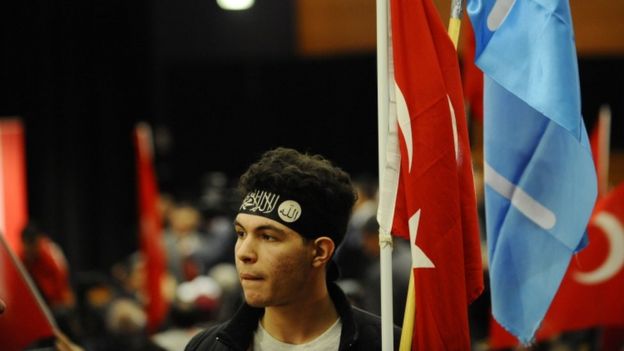 AFP
AFP
Many European nations have also expressed deep disquiet about Turkey's response to the July coup attempt and the country's perceived slide towards authoritarianism under President Erdogan.
Germany in particular has been critical of the mass arrests and purges that followed - with nearly 100,000 civil servants removed from their posts.

No comments:
Post a Comment